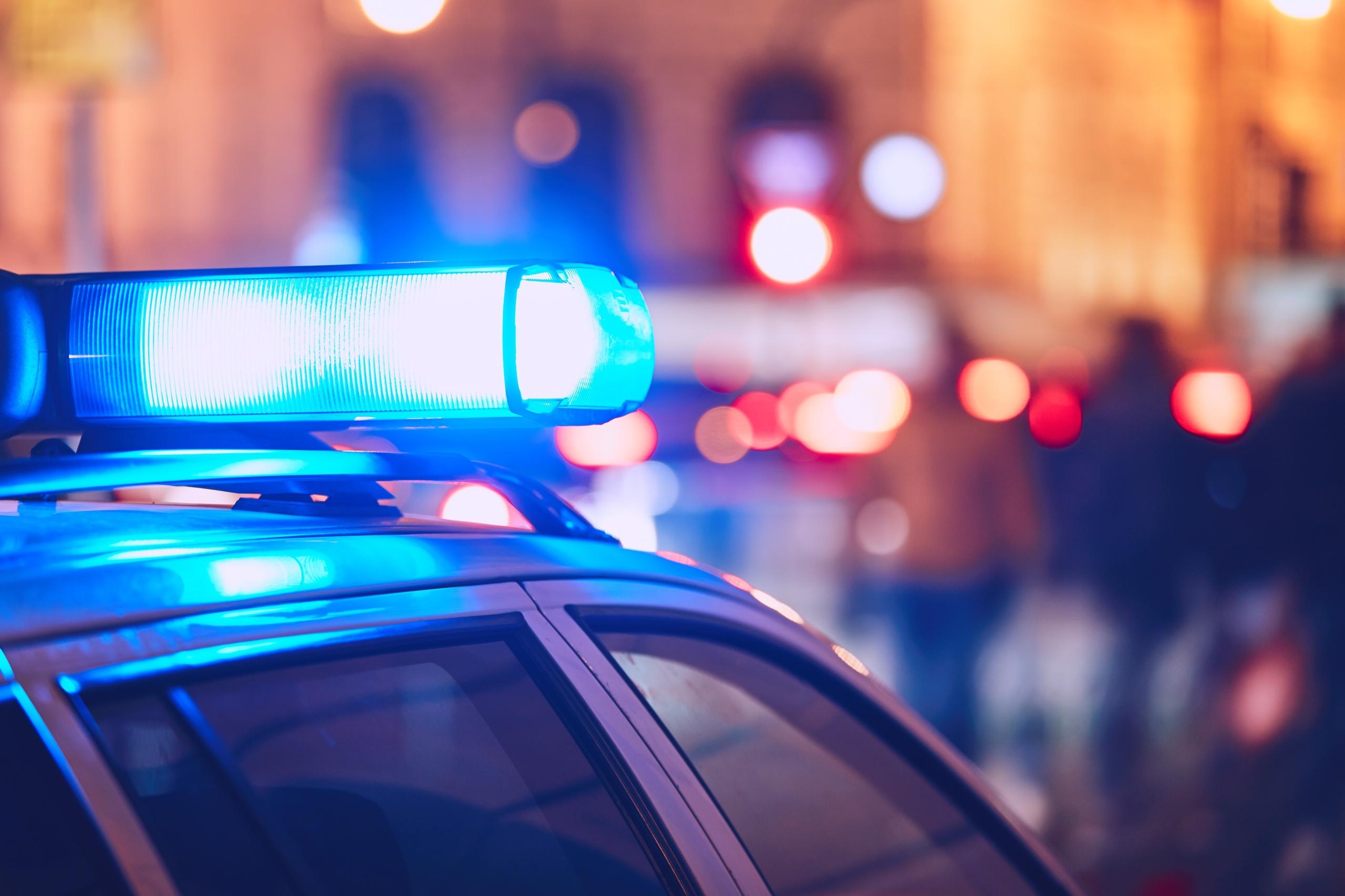Sign up for The Media Today, CJR’s daily newsletter.
Colorado journalists on the crime beat are increasingly in the dark. More than two-dozen law enforcement agencies statewide have encrypted all of their radio communications, not just those related to surveillance or a special or sensitive operation. That means journalists and others can’t listen in using a scanner or smartphone app to learn about routine police calls.
Law enforcement officials say that’s basically the point. Scanner technology has become more accessible through smartphone apps, and encryption has become easier and less expensive. Officials say that encrypting all radio communications is good for police safety and effectiveness, because suspects sometimes use scanners to evade or target officers, and good for the privacy of crime victims, whose personal information and location can go out over the radio. They also cite misinformation as a reason to encrypt. Kevin Klein, the director of the Colorado Division of Homeland Security and Emergency Management, said people listening to scanner traffic during a 2015 Colorado Springs shooting live-tweeted the incident and, in doing so, spread false information about the shooter’s identity and the police response.
ICYMI: Shifting how journalists talk about people in prison
But encrypting all radio communications makes it harder to cover crime. Journalists usually don’t use scanner traffic directly in their reports, but they often use the traffic to learn about and respond immediately to breaking news. In that sense, expanding encryption reduces transparency.
“If you’ve ever worked in a newsroom, you know how important the police scanner is to covering a community,” Chip Stewart, a media law professor at Texas Christian University, says. “You can’t get out to cover something if you don’t know it’s happening, and journalists would be at the mercy of police public information officers. Do we want the first draft of history dictated by police PIOs?”
Definitely not. A national study published in 2017 found that police PIOs zealously try to control the narratives about their departments. That’s especially concerning in Colorado, where law enforcement officials have downplayed transparency implications by saying they will release information about breaking news on social media, in press releases, and in daily reports—as if those are reasonable substitutes for independent reporting.
Some Colorado journalists are frustrated. Police in the city of Longmont, northeast of Boulder, have encrypted their radio communications since September. Madeline St. Amour, a reporter at the Longmont Times-Call, says, “It’s made my job as a crime reporter more difficult and led to late coverage for serious events. Police can say that press releases or social media notices are equivalent if they want, but there really isn’t anything that beats a scanner in timeliness. It’s also hard to spin things in real time.” Longmont plans to reevaluate its encryption program this spring.
I would think police would want scanner traffic public. It builds citizen trust and shows they are busy earning their tax-paid salaries. Otherwise, shrouded in secrecy, police are viewed more suspiciously and lose the trust of the public.
More broadly, press advocates worry that such encryption efforts will leave journalists at the mercy of law enforcement agencies that might not always be motivated to alert the press to incidents (e.g., any questionable officer-involved shooting). “The scanner functions as a check-and-balance to keep law enforcement agencies honest,” Frank LoMonte, the director of the Brechner Center for Freedom of Information at the University of Florida, says. “Without that independent source of information, police are operating on the honor system.”
David Cuillier, a media law professor at the University of Arizona and a member of the Society of Professional Journalists’ Freedom of Information Committee, adds, “I would think police would want scanner traffic public. It builds citizen trust and shows they are busy earning their tax-paid salaries. Otherwise, shrouded in secrecy, police are viewed more suspiciously and lose the trust of the public.”
Colorado is not the only state where law enforcement agencies have encrypted all of their radio communications. Departments in California, Florida, and Nebraska, among others, have done it. Nationwide, it’s common for police to use encrypted channels for surveillance or a special or sensitive operation. But Colorado is notable for its large number of agencies encrypting everything.
The state is also notable for legislative efforts to establish encryption rules. Last year, Rep. Kevin Van Winkle, a Republican, introduced House Bill 18-1061 to prohibit law-enforcement agencies from broadly using encryption, which the bill said “should be exceptional rather than routine.” It would have allowed agencies to encrypt for tactical and investigative purposes. Although the bill failed to make it out of committee, it may be reintroduced this year in some form.
Three nonprofit organizations—the Colorado Press Association, the Colorado Broadcasters Association, and the Colorado Freedom of Information Coalition—are working with police officials to reconcile their interests and come up with a solution that emphasizes transparency. “Colorado has had several post-Columbine active-shooter incidents and numerous undercover drug-related sting operations,” Steve Zansberg, a Denver-based First Amendment lawyer who serves as president of the CFOIC, says. “The press has demonstrated, time and time again, its willingness to work collaboratively with law enforcement to ensure officer safety while… keeping its viewers and readers informed.”
Jeffrey Roberts, CFOIC’s director, adds, “Listening to radio communications lets the media alert the public to potentially hazardous situations—places people should probably avoid for periods of time—often more quickly than the police because of the media’s reach via TV, radio, and social media. Police say they need to go dark for public-safety reasons, but there are also public-safety reasons for letting journalists listen in.”
FROM THE ARCHIVES: Journalism’s strained relationship with police
Has America ever needed a media defender more than now? Help us by joining CJR today.



